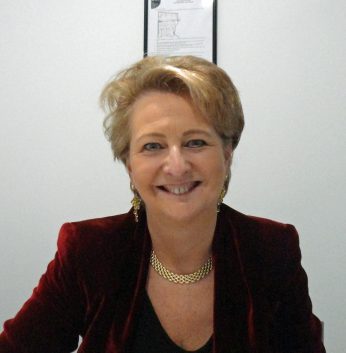Since the beginning of the millennium, there are more people using the internet than ever and technology has become more portable and accessible due to the development of mobile phone technology. This has continued to radicalise the way we live and work.
The history of this rapid change is documented in the oral history interviews held by Archives of IT (AIT); a selection of interview highlights are given below.
Government
Government is one of the IT industry’s biggest users and influencers.
Lord Kenneth Baker was appointed the UK’s first Minister of IT by Margaret Thatcher’s Conservative government in 1981. He spent four years as Minister for IT persuading people that IT advances were the future. Lord Baker led the privatisation of BT, establishing technology which led to the internet and cable television being in people’s homes, as well as getting a computer into every school. This shift in working led to some significant digitalisation projects within government and the eventual outsourcing of the IT function in departments altogether. Lord Baker talks about Technology Year, 1982 in this clip from his interview with AIT:
Outsourcing
Outsourcing of local and national government functions has had a significant impact. Sir Rod Aldridge OBE whilst working at the Chartered Institute of Public Finance and Accountancy (CIPFA) set up an outsourcing model, going on to found Capita. In his interview he talks about the growth of the outsourcing industry and explores why it’s not always seen in a positive light. In this interview clip, he describes one of his successful tech projects and why it was a success:
Retail
Edwina Dunn OBE revolutionised loyalty schemes by inventing the Tesco clubcard. With her company Dunnhumby, Edwina was one of the first people to analyse customer data and target marketing to them. Find out more in her interview about the early days of Customer Relationship Management (CRM).

Gaming
The Gaming industry started in the UK before going global. Jo Twist OBE, CEO at The Association for UK Interactive Entertainment (Ukie) has mapped the location of the gaming companies across the country, showing how the industry has grown and changed over the last 40 years.
In this interview clip, Jo talks about how the computer game industry developed from people’s bedrooms to the industry we have today.
Banking
John Wallace helped automate the first branch of NatWest bank, and Sir Anthony Cleaver, along with a team including David Morriss, developed and installed the UK’s first online real-time ATM machine in 1972 at Lloyd’s Bank. This machine was the first to issue variable amounts of cash and immediately show the transaction in a customer’s bank account.
Watch John Wallace talk about the computers behind the automation of NatWest.
Defence
Research and development is a key part of national defence. Cyril Hilsum CBE worked for the UK Admiralty Research Laboratory on semi-conductors and infra-red technology. As his work progressed into liquid crystal displays, he began to patent his inventions and still does so now in his nineties. This work played a key role in the development of flat-panel liquid crystal displays, used in mobile phone and tablets today. In this clip from his interview with AIT, Cyril talks about meeting Alan Turing in 1947 at the National Physical Laboratory (NPL) and the work on computing that was happening there:
Manufacturing
Sir Clive Sinclair is perhaps one of the most famous British inventors, combining design, manufacturing and business in his career. He started Sinclair Radionics in 1961 designing, building, and selling small radios by mail order. He moved into home computing, pioneering it as an industry with his invention the ZX80 in 1979. In the 1980s the home computing market started to downturn, so he moved on to electric vehicles, especially electric bikes. Find out more in Sir Clive’s interview with AIT.
